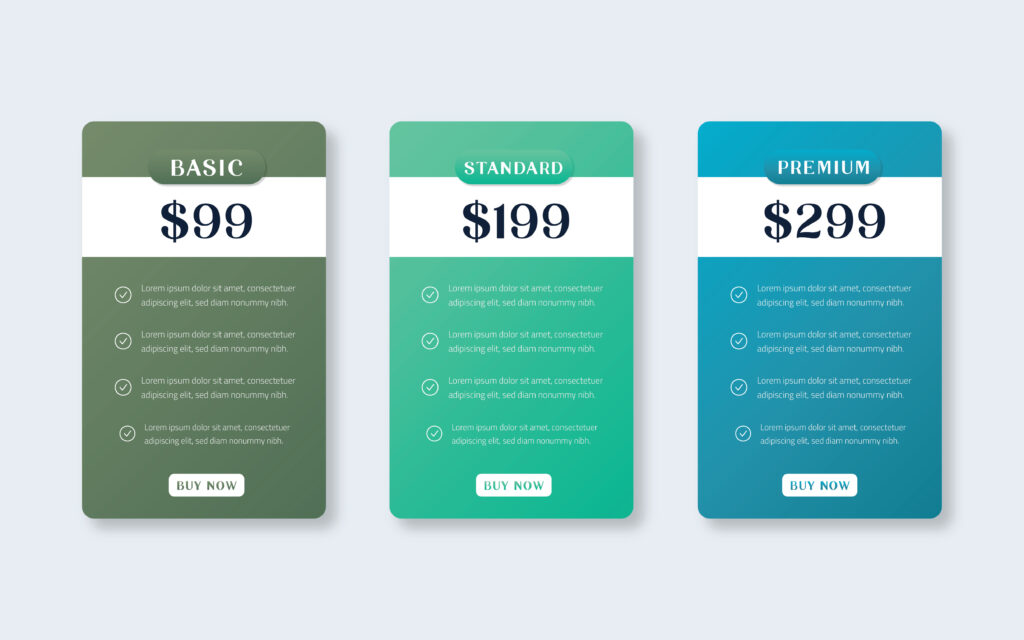Is Affiliate Marketing Legit: 5 Common Scams to Watch Out For
-

Aaron Gray
- Blogs
-
 September 30 , 2020
September 30 , 2020 -
 6 min read
6 min read
Affiliate marketing pertains to a performance-based marketing type where a business rewards partners for every customer brought by the latter’s promotional efforts. This marketing is primarily conducted online; you only have to find a product to endorse and earn commissions when people use your link to buy it. While this setup is legit, there are still people who abuse the system and take advantage of others.
If you’re planning to start this type of business, here are some affiliate fraud techniques and scams you should be aware of.
Common Affiliate Marketing Scams and Tactics
1. Sham Training Affiliate Scam
Newbie affiliates are susceptible to fake marketing training programs. Scammers know that beginners want to learn more about the business and stay ahead of their competitors. These sham training courses typically come in the form of e-books, DVDs, webinars, seminars, and live demos. What’s worse, though, is that the content of these materials is usually just a rehash of free articles that can be easily found online.
Here’s an example of a fake training site that the federal government took down.

You should be wary of providers who claim that their course is the only one you’ll ever need. Some will even send you things that are irrelevant to the training such as pens or calendars and charge you for it. However, there are reliable online resources, you just have to do some research before enrolling or buying any training product.
2. The Big Bucks for Less Effort Affiliate Scheme

The “get rich quick” tactic, also known as the Ponzi scheme, is the oldest scam in the book, and yet there are still so many people who fall for it. It may be because gaining a considerable amount of profit without putting in too much work is very instead of using up all your time on a venture is very tempting. However, this method truly is too good to be true.
With this scheme, scammers will entice you to enroll in their course that will teach you the tricks on how to earn thousands of dollars within just a few days or months of starting your affiliate marketing business. This program usually costs about a few hundred dollars. However, similar to fake training, you don’t really learn anything new, or they run off with your money before the course even starts.
These are the tell-tale signs of a Ponzi scheme:
- Suspiciously High Revenue –The assurance of abnormally huge payoffs for new businesses should ring alarm bells in your head for affiliate fraud. Scammers lure newbie affiliates with grandiose promises just to get the latter’s money without providing anything of value.
- Guaranteed Profits For Affiliate Marketers – There’s always the risk of losing in the world of business especially when working with fake affiliate marketers unsuspectedly, so, if someone assures you that you’ll get a certain return on investment (ROI), you should run toward the other direction.
- Confidential Business Models –The company or person conducting the training should inform you of the exact methods and steps they did so that you can replicate it in your business. What use is the training anyway if the trainer says that their business model is “too complex” for you to understand. Scammers who run fraud affiliate programs usually give the bare minimum details on their product because they don’t have a product at all.
- Payment for Recruiting Others To The Affiliate Program – This one takes a page from the multilevel affiliate marketing scams where, instead of earning money by endorsing products, you are required to promote the training and convince other people to join the paid course.
3. Fake Product and Service Affiliate Marketing Scams

As mentioned above, affiliate marketing works when you promote a product or a service, and you gain a commission every time someone uses your link to buy the goods. Legit training programs with a well known brand can teach you how to achieve that. However, some affiliate marketing scams and scammers create a portfolio of bogus products and services to ensnare unsuspecting clients into joining their courses. This type ties closely to the “get rich quick” affiliate marketing scams where there’s a promise of making you successful when you finish the course. To make money you’d be better off creating your own ecommerce website and selling products while avoiding these marketing mistakes.
4. Paid Membership Affiliate Marketing Scams

Legitimate affiliate programs will not require you to pay for membership but affiliate marketing scams will. Brands typically want as many people as possible to endorse their products and services, so it would make sense that they offer this type of affiliate marketing partnership for free. If a website asks you for payment to join their affiliate program, the company may only be after your money and they may just be a fraud.
5. The Upsell Pressure Affiliate Scam

Upsells happen when a company offers you an upgrade or added service after you’ve initially purchased their goods for a discounted sale price. Fraudsters and affiliate scammers take advantage of the “foot in the door” phenomenon where they start by offering you their training at a meager price, leading you to accept the terms of their affiliate program and affiliate networks. Afterward, they offer you another affiliate service, again at a minimal cost, that you should take advantage of immediately so you won’t miss it.
The cycle continues until you realise you’ve already given them a substantial amount for their affiliate programs without getting anything of real value, but it’s already too late and they already have your money and commission from the sale and you have nothing.
Affiliate Marketing Fraud Takeaway
Affiliate marketing has brought considerable gains for many people. Just like any business, before you jump right in, always do your research to find bona fide affiliate partners and programs. Be sure to take the claims of course providers with a grain of salt, and check reviews from verified previous trainees that back up their promises. By doing this you lower your risk of falling into a fake affiliate partner trap, and affiliate programs.
Subscribe to Our Blog
Stay up to date with the latest marketing, sales, service tips and news.
Sign Up
"*" indicates required fields


